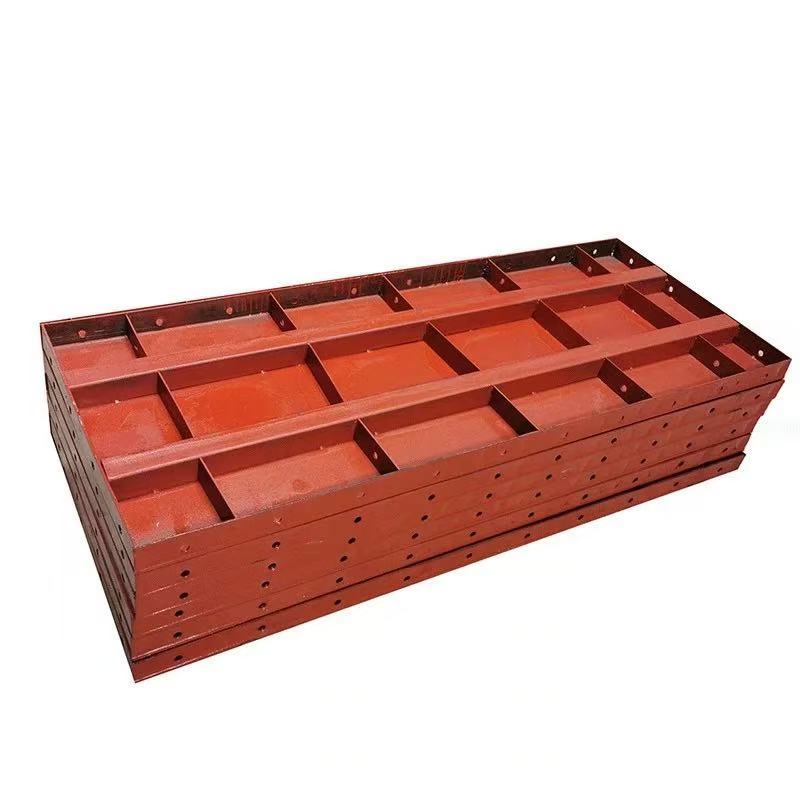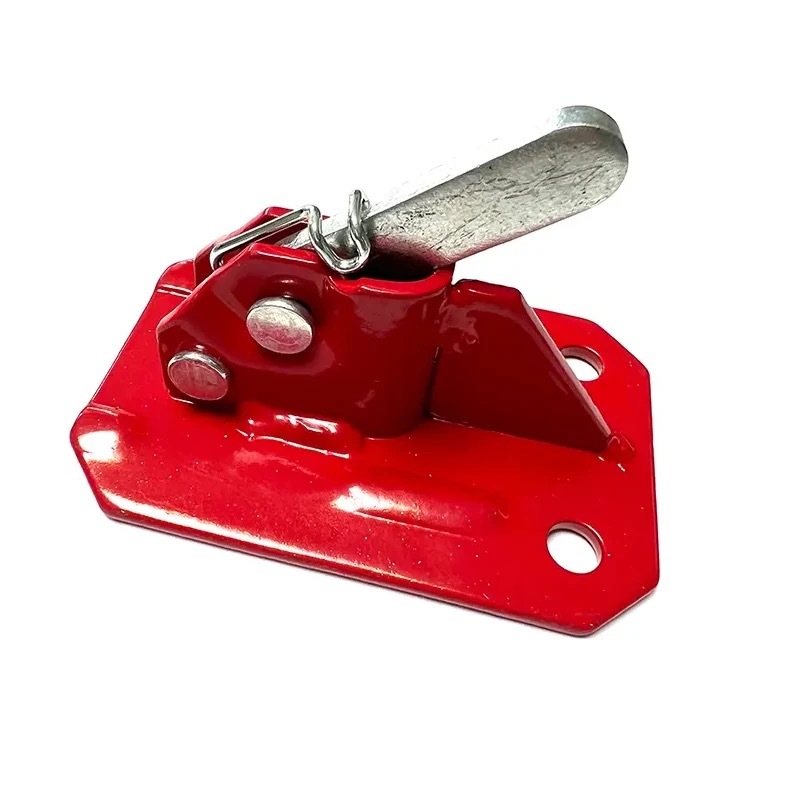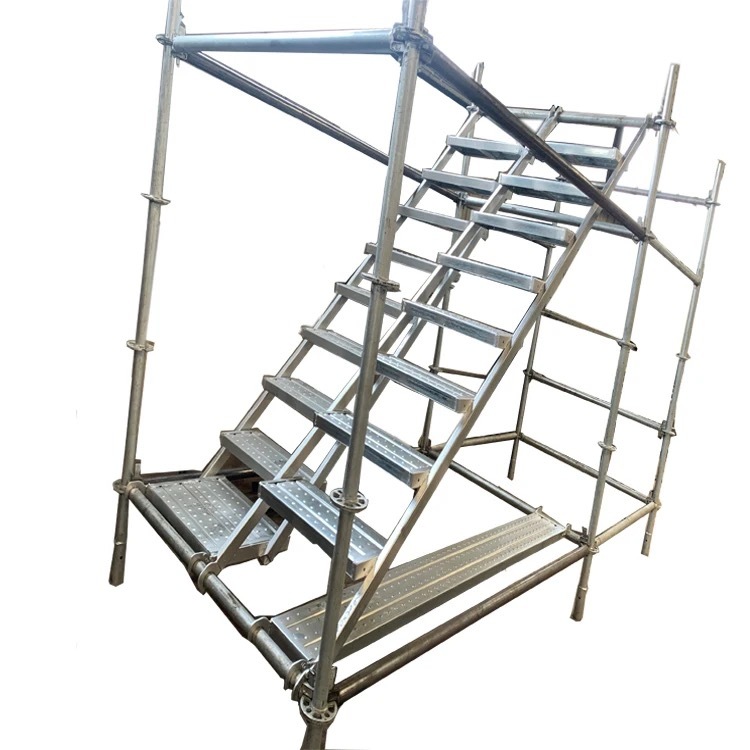The Essential Guide to Steel Formwork in Construction
Steel formwork refers to a system of reusable molds made from steel, designed to hold concrete in place during the curing process. This method has gained popularity in the construction industry due to its durability, strength, and efficiency. Unlike traditional wooden or plastic formwork, steel formwork offers several advantages that make it a preferred choice for many construction projects. One o

One of the primary benefits of steel formwork is its longevity. Steel can withstand the rigors of construction, including heavy loads and harsh environmental conditions, which significantly reduces the need for replacements. This durability translates to lower long-term costs, as the formwork can be reused for multiple projects without significant wear and tear.
Another significant advantage of using steel formwork is its dimensional accuracy. Steel forms can be manufactured to precise specifications, ensuring that the concrete structures built using them are uniform and meet design requirements. This precision minimizes the risk of errors during the construction process and reduces the need for additional finishing work, leading to time and cost savings.
Additionally, steel formwork supports faster construction schedules. With the ability to quickly assemble and disassemble, projects can progress at a faster pace. This speed is particularly beneficial in large-scale developments where time is of the essence. Moreover, the lightweight nature of steel formwork makes it easier for crews to handle, further enhancing efficiency on the job site.
In terms of sustainability, steel formwork is a more environmentally friendly option compared to some conventional materials. Its reusability means that fewer raw materials are consumed over time, and when the formwork does reach the end of its life cycle, steel can be recycled, minimizing waste in landfills.
However, it is essential to consider some factors when using steel formwork. Properly training personnel in the assembly and disassembly processes is crucial to ensure safety and efficiency. Additionally, the initial investment may be higher than that of traditional forms, but the long-term benefits often outweigh this initial cost.
In conclusion, steel formwork stands out as a robust and efficient solution for modern construction projects. Its strengths in durability, accuracy, speed, and sustainability make it a vital component of the construction industry. If you are considering options for your next project, exploring the application of steel formwork could lead to significant improvements in both quality and efficiency.
Key words:
PREVIOUS:
PRODUCT SEARCH
Search And Quickly Find The Products You Need
With advantages in technology, quality, and service, the company is steadily advancing in the industry, continuously providing high-quality hydraulic rubber products and services to global customers, demonstrating strong development potential and broad market prospects.










